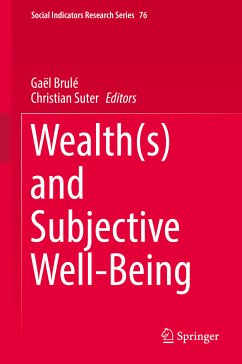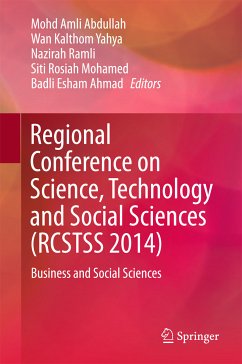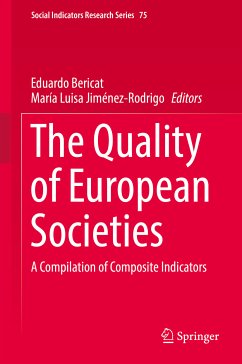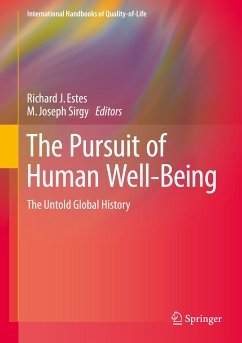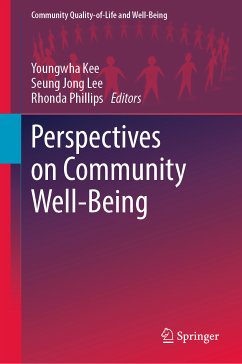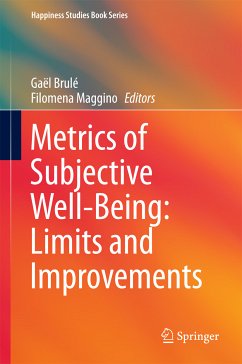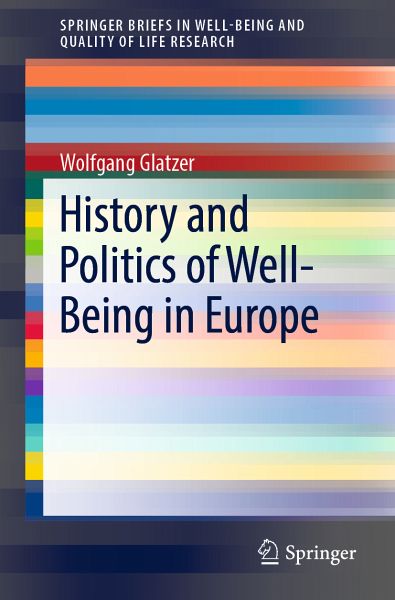
History and Politics of Well-Being in Europe (eBook, PDF)
Versandkostenfrei!
Sofort per Download lieferbar
40,95 €
inkl. MwSt.
Weitere Ausgaben:

PAYBACK Punkte
20 °P sammeln!
This book presents a reconstruction of the history of well-being on the European continent with special attention to the European Union, as people from Europe have a history of a long-term march towards well-being. It discusses ancient civilizations on the European continent, which have contributed significantly to the features of well-being in contemporary Europe. Following Europe`s success over the past millennium, which brought the continent a unique rise to better well-being it also imposed new challenges for sustaining well-being and alleviating misery. It is shown that Europeans attained...
This book presents a reconstruction of the history of well-being on the European continent with special attention to the European Union, as people from Europe have a history of a long-term march towards well-being. It discusses ancient civilizations on the European continent, which have contributed significantly to the features of well-being in contemporary Europe. Following Europe`s success over the past millennium, which brought the continent a unique rise to better well-being it also imposed new challenges for sustaining well-being and alleviating misery. It is shown that Europeans attained a high level of well-being in global comparison, yet their attitudes remained at the same time ambivalent and precarious. Significant parts of the population claim a low well-being and suffer from the difficulties of life. Even though a top ranked area of socio-economic development in the world, this book shows that poverty, inequality and hardship remain stable structural problems whichhave to be overcome in order to avoid significant restrictions for a broad quality of life. But despite all their burdens and hardships, Europeans are among the most prosperous and privileged people in the world.
Dieser Download kann aus rechtlichen Gründen nur mit Rechnungsadresse in A, B, BG, CY, CZ, D, DK, EW, E, FIN, F, GR, HR, H, IRL, I, LT, L, LR, M, NL, PL, P, R, S, SLO, SK ausgeliefert werden.




